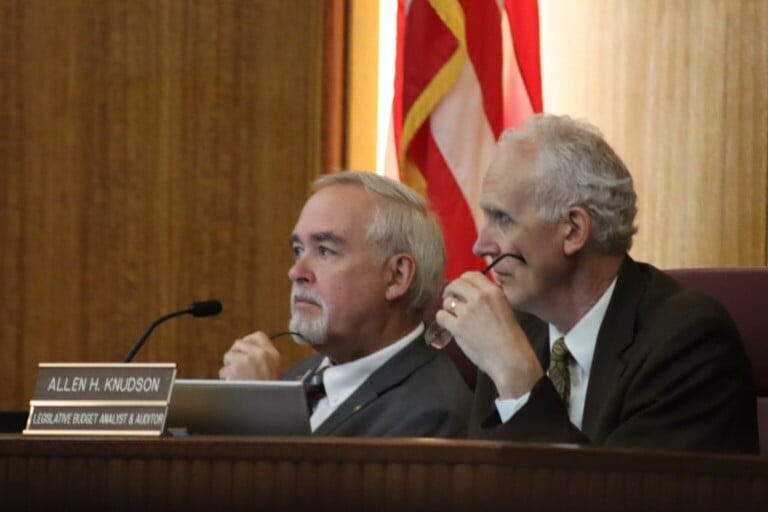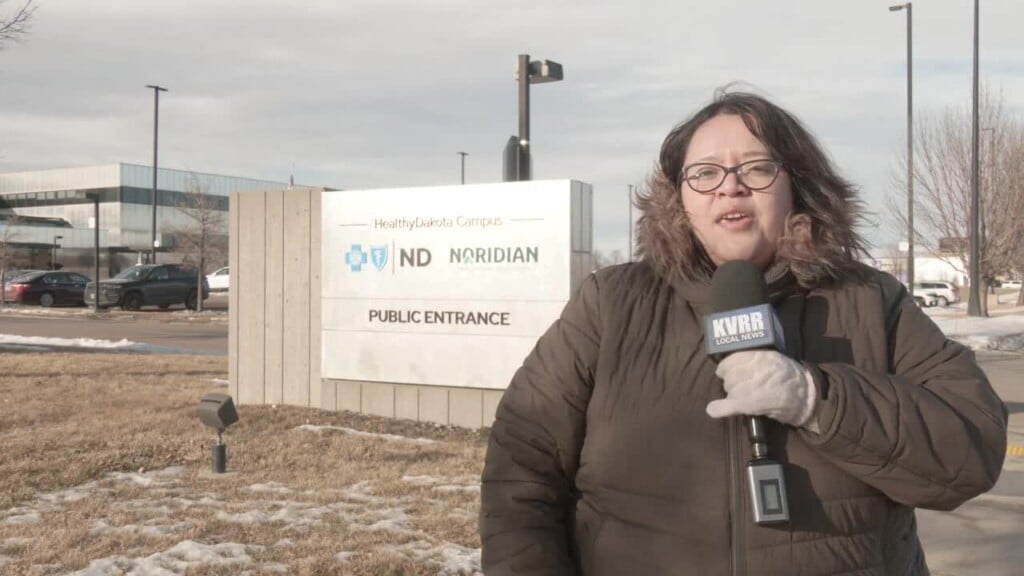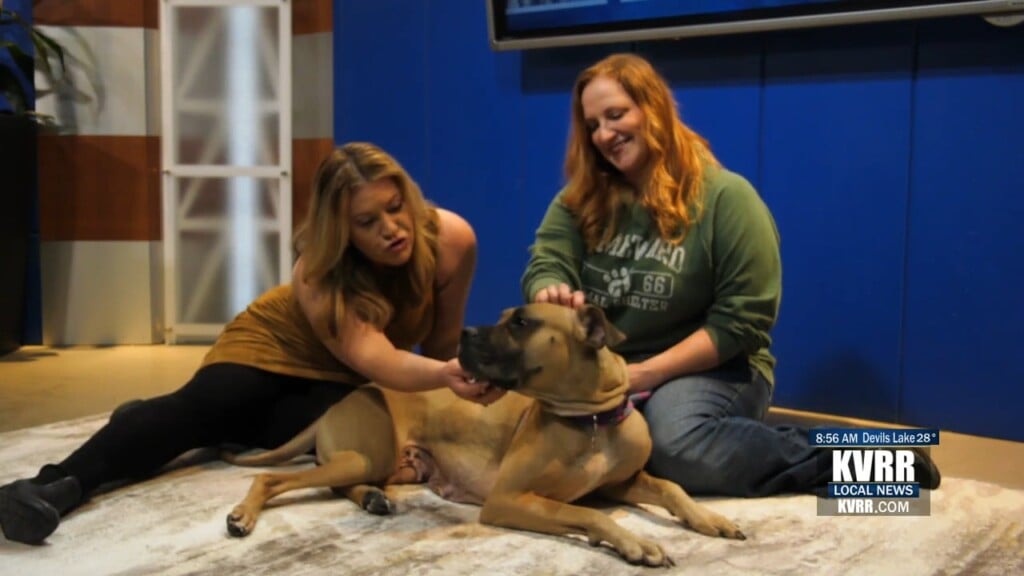North Dakota lawmakers build wish list for $500M federal rural health care grant

BISMARCK, N.D. (North Dakota Monitor) — A committee of North Dakota lawmakers this week began sifting through an ocean of recommendations for how to spend a $500 million federal rural health care grant as the state races to meet a Nov. 5 application deadline.
The state will have a number of complex decisions to make — including how to weigh the public’s priorities against the kinds of initiatives encouraged by the federal government, a top human services official told legislators Tuesday.
Congress created the $50 billion Rural Health Transformation Program this summer as part of its 10-year budget reconciliation law. Members of Congress pitched the program as a means to offset losses rural states will suffer from federal cuts to Medicaid approved elsewhere in the bill.
The money can be used for areas including behavioral health, workforce, infrastructure development and disease prevention.
North Dakota must submit budgets for how it plans to use its share of the funds to the Centers for Medicare and Medicaid Services by Nov. 5.
While every state will get at least $500 million from the program, they’re eligible for more money, too.
The federal government will award supplemental funding based on certain state demographics, like the size of North Dakota’s rural population and the percentage of health services that go uncompensated because no payment is received by a patient or insurer, said Sarah Aker, executive director of medical services for the Department of Health and Human Services. She said North Dakota doesn’t score very high under this criteria compared to other states, though.
“Going into the scoring for supplemental funding, we’re starting from behind,” Aker told lawmakers on Tuesday.
The federal government is also awarding additional money based on the quality of states’ proposals. For example, if North Dakota demonstrates in its application that the initiatives it starts through the grant are sustainable and will continue even after federal funding runs out, the state may get more funding, Aker said.
Some complicating factors are that the state can’t use the money to build or purchase buildings, or to replace funding for programs already approved by the Legislature, among other restrictions.
The North Dakota Department of Health and Human Services has spent the last few months working on the state’s application, including by gathering public input and by researching how the state can maximize its funding award. Those efforts included issuing a survey, conducting public listening sessions and consulting with tribal leaders, Aker said.
Department officials presented an overview of the public’s feedback and scores of policy recommendations to the Legislature on Tuesday.

Sarah Aker, executive director of medical services for the Department of Health and Human Services, talks to lawmakers about the federal Rural Health Transformation Program on Oct. 14, 2025. (Photo by Mary Steurer/North Dakota Monitor)
The public’s top priorities are expanding workforce recruitment and retention, health care access and chronic disease prevention, said Aker.
Many North Dakotans said they lack basic emergency services or health care facilities in their towns.
“Lost my father when he was 57 due to heart attack and it took the ambulance 45 minutes to arrive to assist, but it was too late,” said one survey response highlighted by the agency.
One way the grant could address this is by funding a program to put at least one first responder in all 1,800 townships in the state, Aker said.
Rep. Jayme Davis, a Rolette Democrat and member of the Turtle Mountain Band of Chippewa, said the state has no shortage of good recommendations for how to use the money. She highlighted expanding opportunities for health care education at North Dakota’s tribal colleges and investing in mobile health clinics and medical detox centers as particularly of interest.
It will be hard to decide how to divvy up the funds, Davis noted.
“The more we add, the thinner the money stretches,” she said.
The federal government has also indicated it will award more money to states with certain policies, like those that restrict the use of food stamps for non-nutritious foods. Aker said Health and Human Services is working on putting such a restriction in place.
The federal funding is expected to be awarded to states by the end of the year. Lawmakers anticipate convening in January or February for a special session to authorize the state to spend the grant money.
Because the Department of Health and Human Services already hosted listening sessions, the committee did not take public comment on Tuesday.
The 33-member committee will meet Wednesday to continue discussing the application.
Chair Sen. Brad Bekkedahl, R-Williston, said on Wednesday the committee will consider whether or not to ask Legislative Council to draft policy bills that could improve the state’s application score.
He said another potential action item is considering a motion to submit formal application recommendations to the Department of Health and Human Services. The committee has set aside Oct. 21 for an additional meeting if needed.
North Dakota Monitor reporter Mary Steurer can be reached at msteurer@northdakotamonitor.com.






